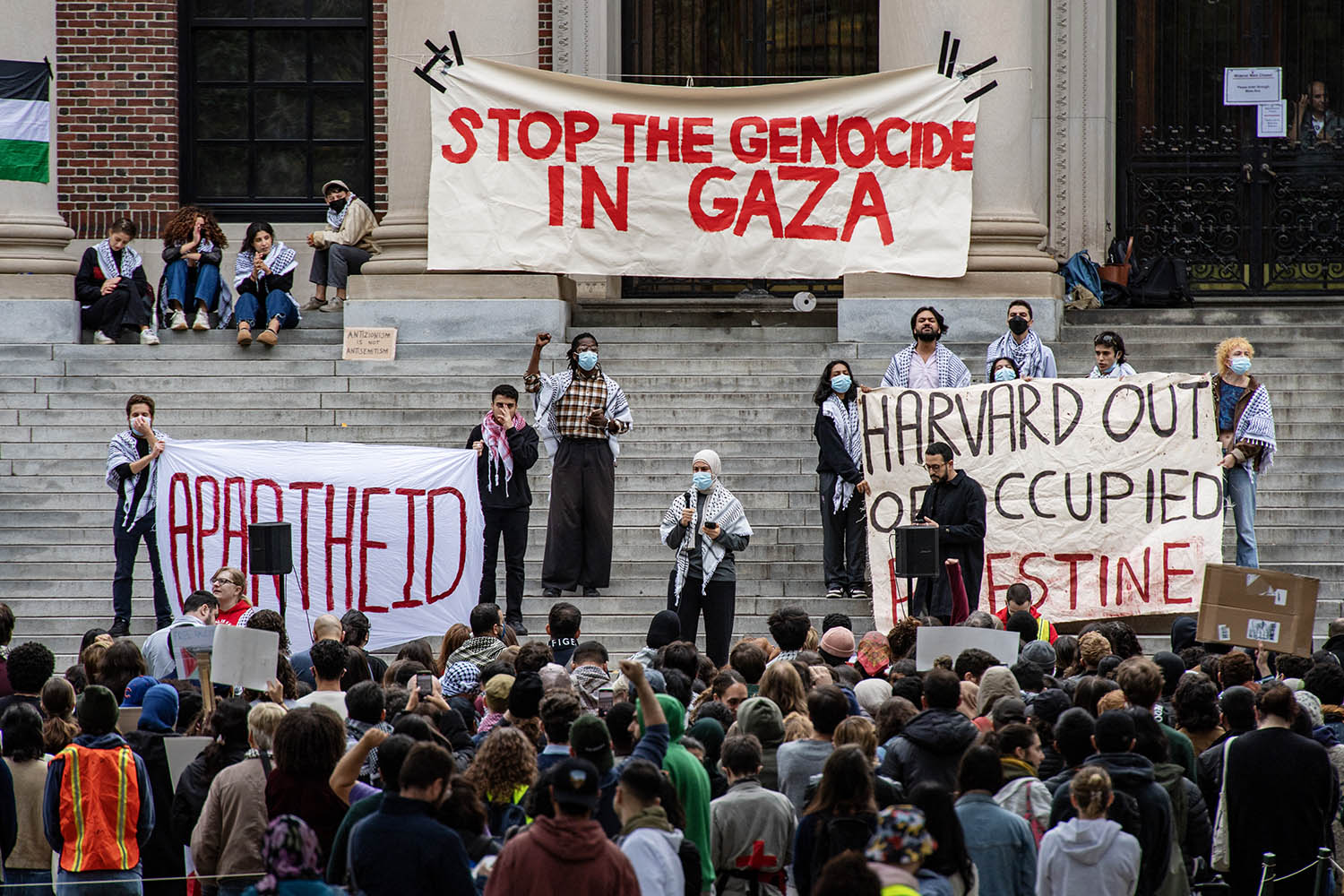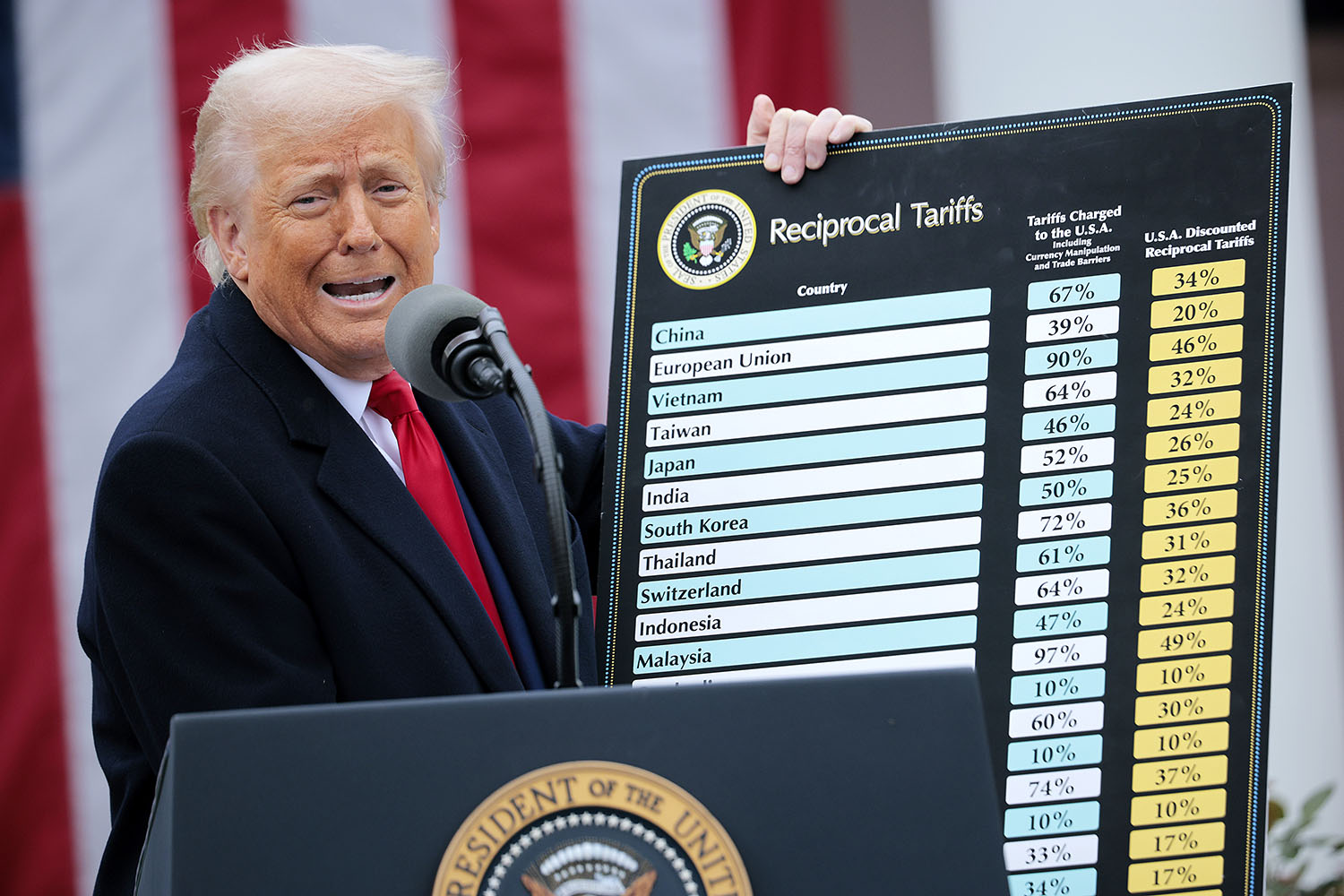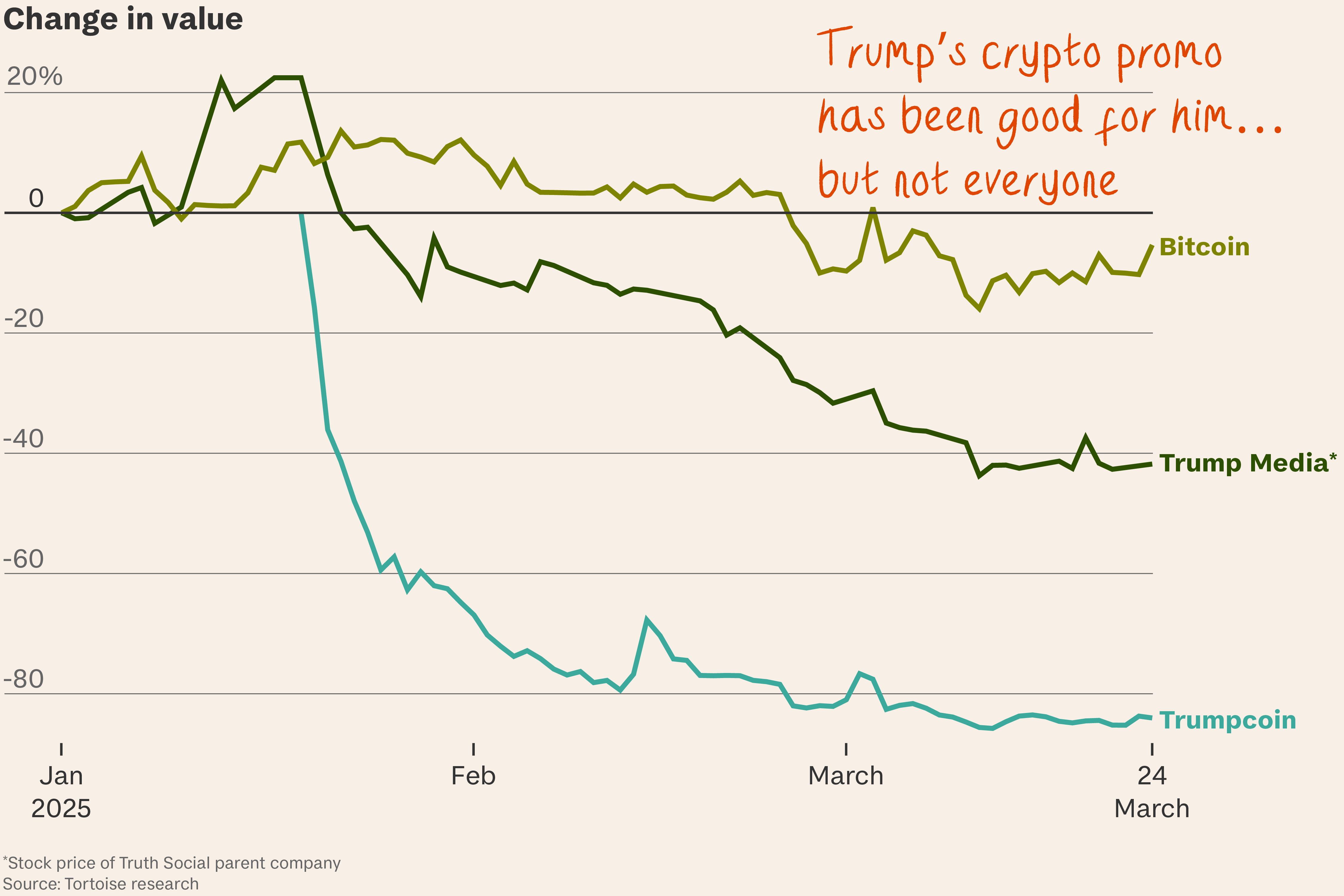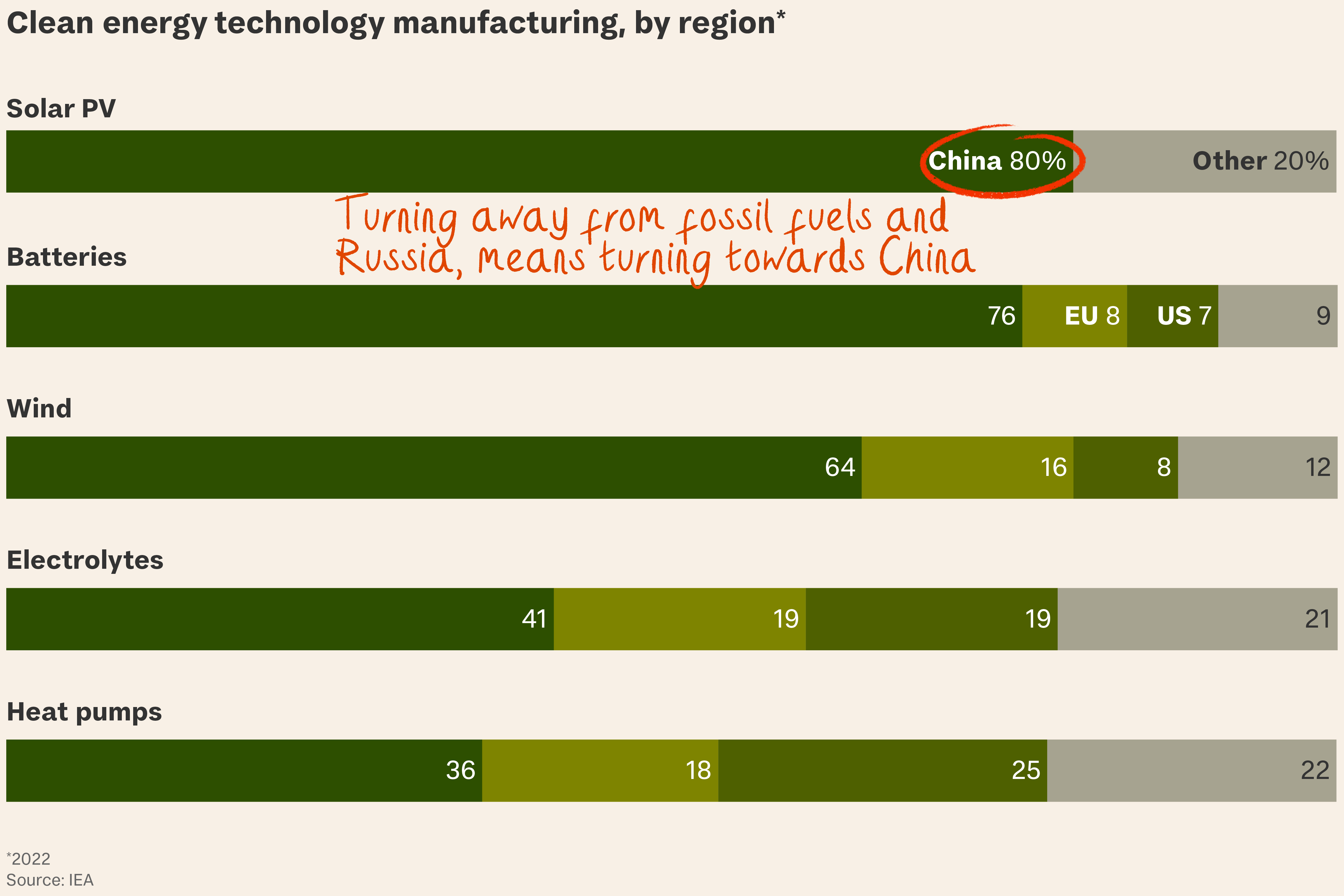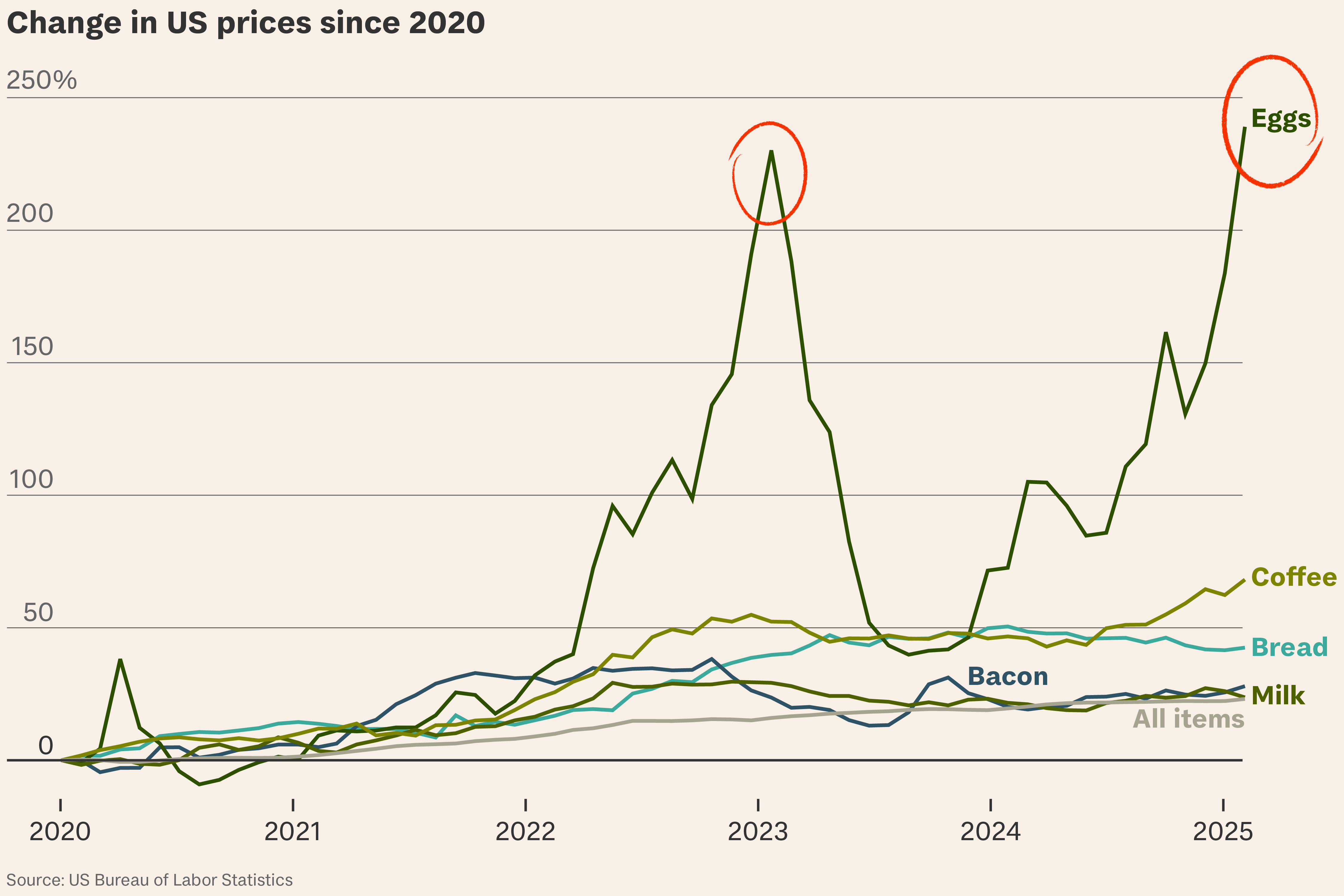
It could help with the decarbonisation of American energy
President Trump has doubled down on his threat to take control of Greenland. “I think we’re going to have it,” he said at the weekend, and five sources told the FT he had an ill-tempered conversation about it with Denmark’s prime minister last week.
So what? Greenland as a theme of the first 100 days of Trump’s second presidency would be comical if it weren’t serious. As things stand…
- The US is proposing to expropriate a territory three times the size of Texas by bullying if not by force. World wars have been started on flimsier pretexts.
- The argument pits one Nato member against another, which can only weaken the alliance.
- It also ignores basic tenets of international law which Russia is violating in Ukraine and China would be if it invaded Taiwan.
So what is Trump thinking about, apart from the stunned expressions on journalists’ faces whenever the subject arises?
Security. US control would be “for the protection of the free world,” he told reporters on Air Force One. It’s true there’s a race on for control of Arctic resources and shipping routes, and that western democracies wouldn’t welcome Russian or Chinese control of Greenland. But neither scenario is even a remote possibility.
As part of Denmark, Greenland already hosts a northern US air base, is open to more security cooperation with the US and is already part of Nato, meaning any non-Nato incursion would trigger Article 5 mutual protection guarantees.
Energy. There is, however, an underlying logic to US overtures to Greenland on energy security grounds.
- Trump wants more domestic oil production to bring down prices and inflation.
- But he’s unlikely to get it. At about $74 a barrel, world oil prices are low and falling. Chevron and other US oil majors are planning to cut investment in new output this year, not increase it. Prices would have to rise to $84 a barrel to make it worth their while spending more on fracking the shale that is currently the source of most US oil.
- Stagnant global demand and a general oversupply of oil are two reasons prices are falling. Cheap renewables are a third. Unit costs of new solar photovoltaic and onshore wind capacity fell by 90 and 70 per cent respectively in the decade to 2022. They now undercut the cost of new gas, coal and nuclear by significant margins.
- But China controls the supply chains for wind turbines, solar panels and EV batteries and drivetrains as the dominant producer and refiner of rare earths and critical minerals used in their production.
- Greenland has these too. Substantial deposits of copper, nickel, lithium and zirconium have been found there, mainly on the island’s rugged west coast north of the Arctic Circle.
In one world view, access to such deposits could be crucial to America’s energy future. Betting on fossil fuels alone, the UN secretary general said last week, puts a country on the wrong side of history, science and consumers.
In another, it’s more complicated than that. “The energy system is massive and complex,” says a well-connected energy consultant just back from Davos. “Too many people are living in the ‘just do 100 per cent renewable energy with batteries for backstop’ or ‘go gas and coal all the way’. Both are highly impractical solutions if you take a system view.”
What’s more… Greenland’s deposits are hard to reach because of pack ice in winter and floating icebergs in summer. Even so, as their value rises with demand, mining may become worthwhile for companies on good terms with local authorities. To that end, the transactional president may wish to suspend rhetorical hostilities.




